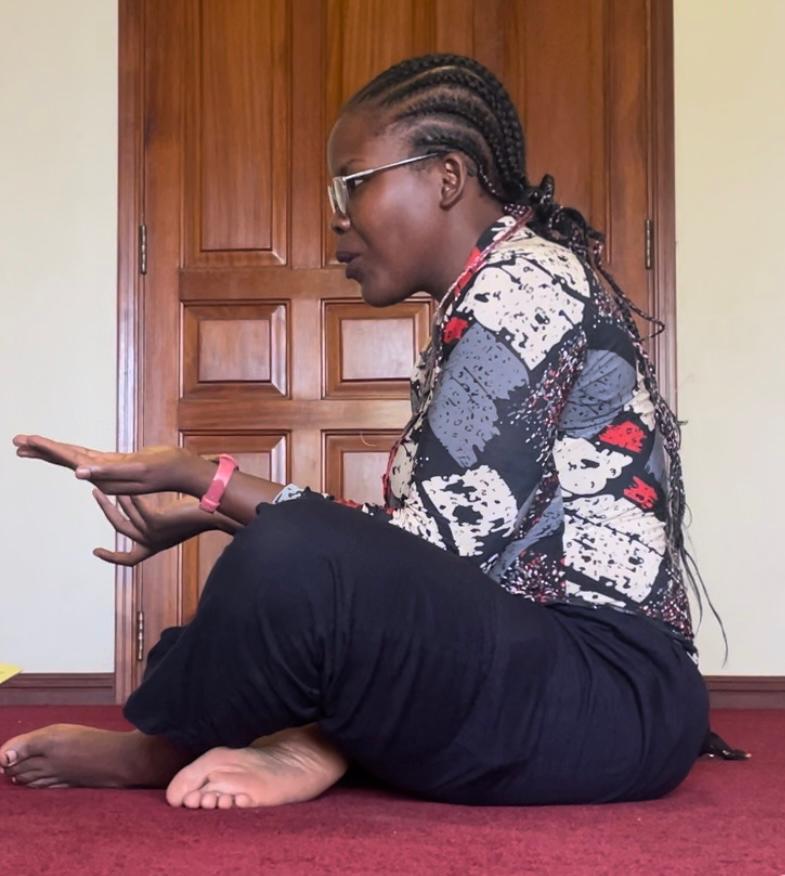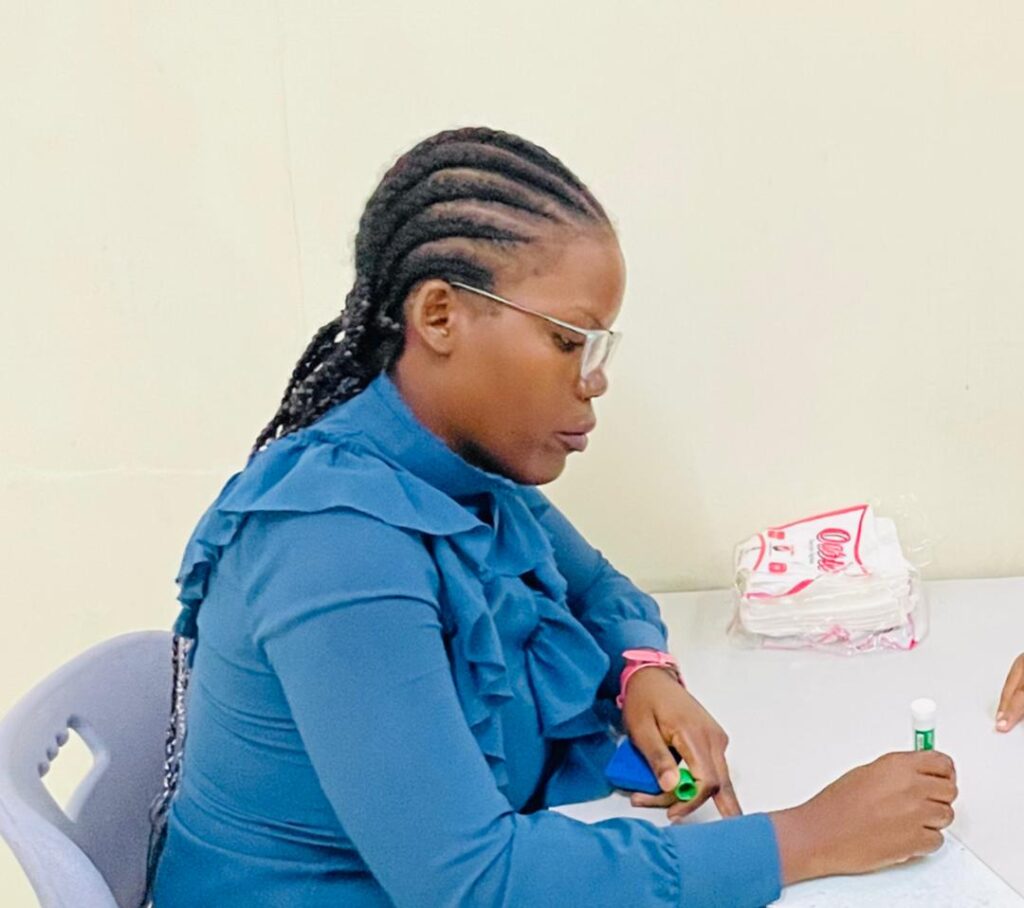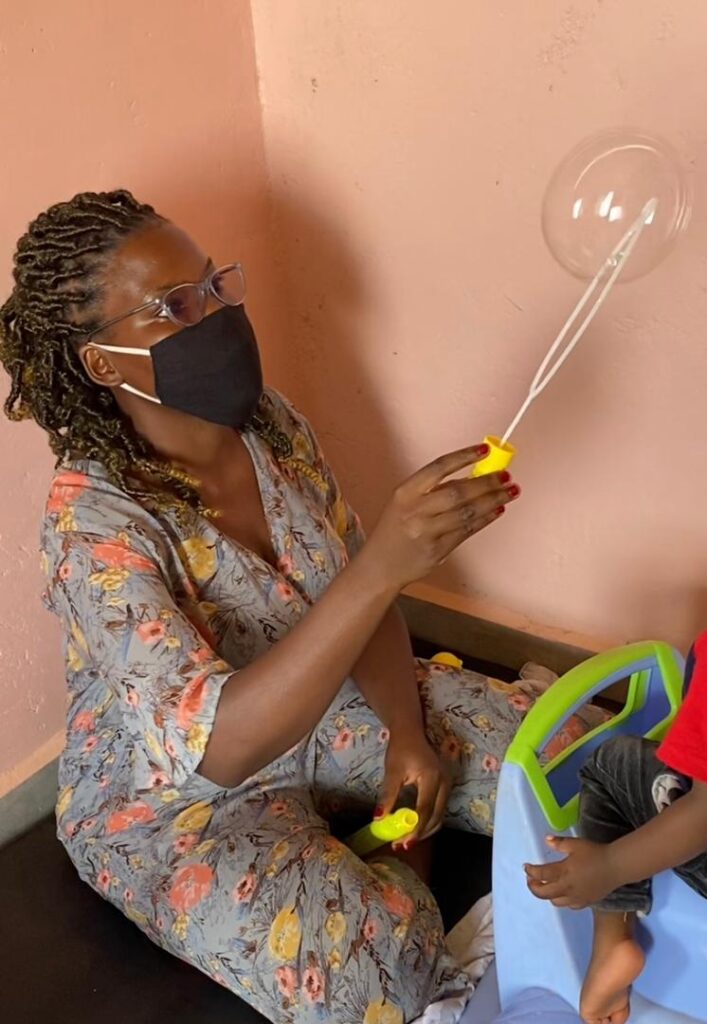Conditions
Before diving into the general concept of treating conditions that the client has it’s important for the caregiver to note that each client is unique, and therapy should be tailored to their specific needs and strengths. We collaborate with other healthcare professionals, educators, and families (caregivers), because this is vital to provide comprehensive support. Communication disorders can significantly impact individuals’ quality of life and thus should be treated or supported by a specialist. We do bilingual therapy, Luganda and English.
To the right you find a list of language disorders we specialize in, here we provide summarized information for caregivers. On our approach page you find extra information for caregivers and (in future) we provide video excersizes that parents can do at home.

Articulation Disorders
These involve difficulties in pronouncing sounds or words correctly due to issues with tongue, lips, or the roof of the mouth. Clients with articulation disorders might benefit from targeted exercises and interventions to improve their speech clarity.

Language Delay or Disorders
Language disorders involve difficulties in understanding and using language. This can affect both spoken and written communication. Therapy might focus on vocabulary development, sentence structure, and comprehension skills.

Stuttering (Fluency Disorder)
Stuttering involves disruptions in the normal flow of speech, such as repetitions, prolongations, or blocks of sounds or words. Therapy can help individuals manage their stuttering and improve their overall fluency.

Voice Disorders
Voice disorders result in abnormal pitch, volume, or quality of the voice. This could be due to issues with vocal cords, breathing patterns, or other factors. Therapy might include vocal exercises and strategies to improve voice production.

Apraxia of Speech
This motor speech disorder makes it difficult to coordinate the movements needed for speech. Clients might struggle with planning and coordinating the precise muscle movements required for speech sounds.

Dysarthria
Dysarthria is caused by muscle weakness or paralysis, often due to neurological conditions. Therapy would focus on improving muscle control for better speech production.

Cleft Lip and Palate
Individuals with cleft lip and palate might face speech difficulties due to structural differences in the mouth and palate. Speech therapy can help them learn strategies to improve speech clarity.

Neurogenic Communication Disorders
These result from neurological conditions like stroke, brain injury, or degenerative diseases. Therapy can address difficulties with speech, language, voice, and cognitive-communication skills.

Auditory Processing Disorders
These affect how the brain processes auditory information, often leading to difficulties in understanding speech, especially in noisy environments.

Social Communication Disorders
These involve challenges in using verbal and nonverbal communication for social interactions. Therapy can focus on pragmatic language skills and social communication strategies.

Hearing Impairement
Hearing Impairement: We help people with hearing impairement.
